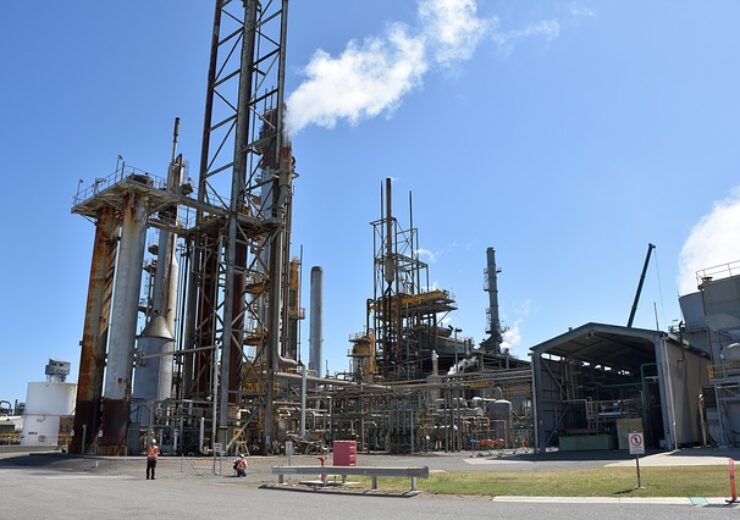To be developed in conjunction with PV solar power plants with 300MW base-load capacity, the waste-to-hydrogen plant will initially convert up to one million tons of municipal solid waste per annum, which will be increased later on to up to four million tons

H2-Industries to develop the first waste-to-hydrogen plant in Oman. (Credit: Philip Barrington from Pixabay)
US-based H2-Industries has signed a memorandum of understanding (MOU) with Public Establishment For Industrial Estates – Madayan to build a $1.4bn waste-to-hydrogen plant in Oman.
The facility will be developed in conjunction with photovoltaic (PV) solar power plants with 300MW base-load capacity. It will be built on a coastal site, spanning an area of 200,000m2.
Initially, the waste-to-hydrogen plant will convert up to one million tons of municipal solid waste per annum procured from waste management operators and mined from existing landfills.
It will have the capacity to expand to handle up to four million tons of waste, said H2-Industries.
In addition to the PV solar installation, the project includes 70MW of electrical storage.
H2-Industries executive chairman Michael Stusch said: “This is an exciting opportunity and one that will take the tons of waste that collects in Oman and turn it into green hydrogen.
“The $1.4 billion investment into Oman will make a substantial contribution to the country’s waste management strategy and demonstrates how fighting climate change and enhancing environmental protection can go hand in hand and benefit all stakeholders.”
H2-Industries estimates the annual production of hydrogen and CO₂ produced from the waste has an export value of more than $268m. The company expects the facility to produce 67,000 tons of green hydrogen along with one million tons of CO₂.
The company’s proprietary technology is designed to convert organic waste such as sewage sludge, plastic, and existing landfill waste into green hydrogen and pure CO₂ by using a thermos-chemical process.
H2-Industries claimed that its process doesn’t involve the use of external electricity or burning waste, which makes it fully free from emissions.
Earlier this year, the company obtained preliminary approval from Egypt’s Suez Canal Economic Zone to build a $3bn waste-to-hydrogen plant in Port Said.
